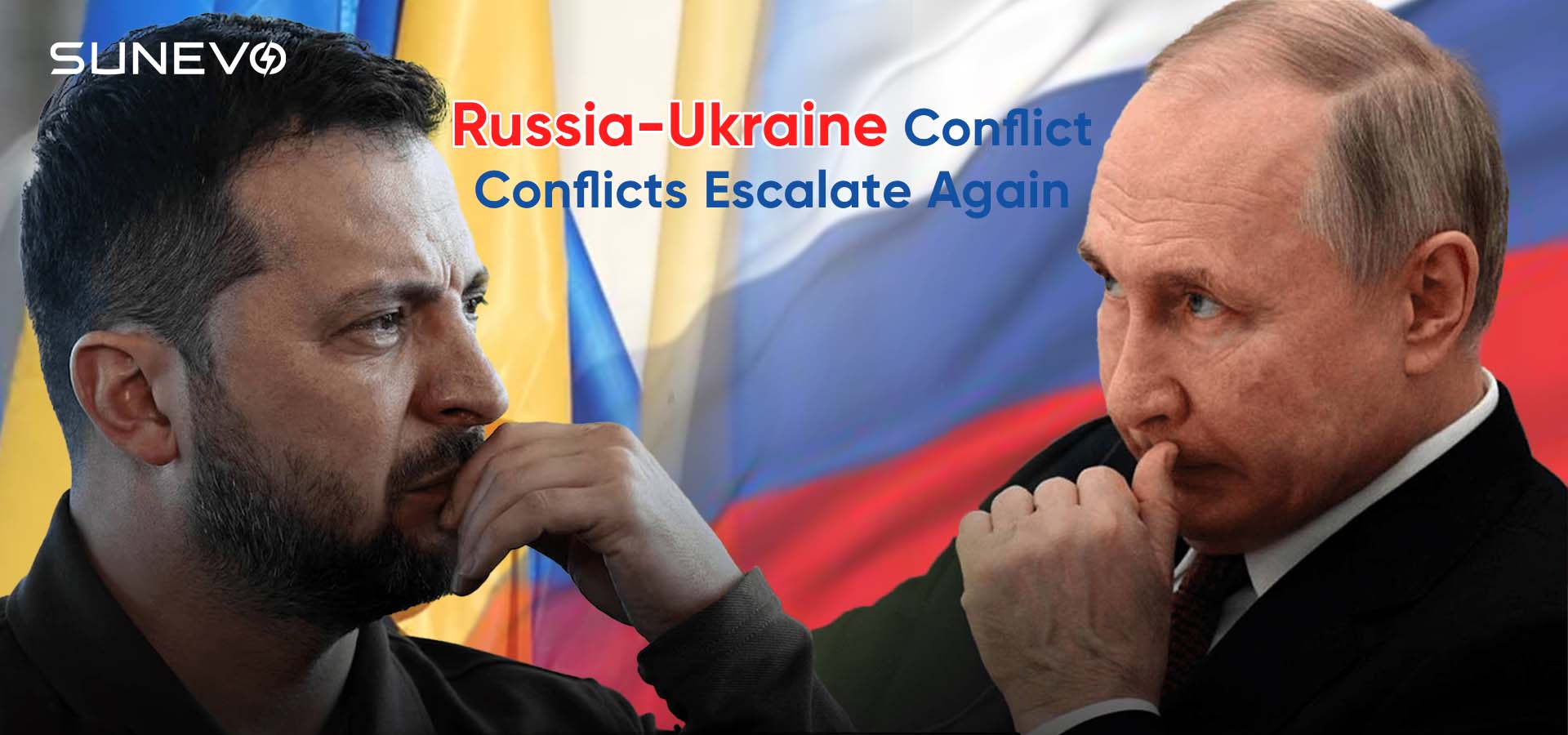
Diplomatic and Military Dynamics of the Russia-Ukraine Conflict Complexly Escalate in Multiple Games
On March 4, 2025, a series of diplomatic events surrounding the situation in Ukraine drew the international community's attention. President Zelensky's statement that he is willing to resign in exchange for NATO membership, along with additional military assistance from the United Kingdom and the suspension of U.S. military aid to Ukraine due to the breakdown of high-level U.S.-Ukrainian talks, have further complicated the diplomatic and military dynamics of the Russia-Ukraine conflict.
Zelensky re-emphasized during the March 2 summit in London that he would resign from the presidency if Ukraine could join NATO, saying that this would mean the fulfillment of his mission. Previously, Zelensky's visit to the United States was marked by a heated dispute with the Trump administration over negotiations on a mineral agreement, resulting in the cancellation of a joint U.S.-Ukrainian press conference and the failure to sign the agreement. U.S. Assistant for National Security Affairs Waltz hinted that Zelensky could be an obstacle to the peace talks, and top U.S. Republicans have pressured him to "show good faith negotiations."
At the London summit, British Prime Minister Starmer announced £1.6 billion in export financing to Ukraine for the purchase of 5,000 British-made anti-aircraft missiles and a truce plan in conjunction with France, Canada, and other countries. Starmer said the aid was aimed at "peace through strength" while promoting the recovery of the British military industry. However, Hungarian Prime Minister Orban criticized the summit for "prolonging the conflict" and called for peace to be prioritized.
And U.S.-Ukrainian relations continued to deteriorate due to the breakdown of negotiations on a mineral deal. on March 3, U.S. officials confirmed that the Trump administration had frozen funding for new weapons to the U.S. and suspended existing military aid, demanding that the U.S. side "demonstrate good faith for peace." Once the ban goes into effect, the problem of the U.S. military's "Patriot" missile stockpile will be further exacerbated. NATO Secretary General Rutte acknowledged that U.S.-made weapons are "vital" to Ukraine's early defense, and that Europe will have difficulty filling the gap in U.S. aid.
The terms of Zelensky's resignation, linked to NATO's eastward expansion aspirations, highlight Ukraine's strategic dilemma in terms of security and sovereignty. While British military aid strengthens Ukraine's short-term defenses, a mechanism that relies on the freezing of Russian assets to repay the loan could be controversial under international law. The suspension of U.S. aid could weaken the intelligence and equipment advantage of the Ukrainian army, putting Europe at greater risk. Analysis points out that the conflict between Russia and Ukraine is gradually evolving into a proxy battlefield for the big powers, and the prospects for peace still depend on the balance of interests among the United States, Europe and Russia.